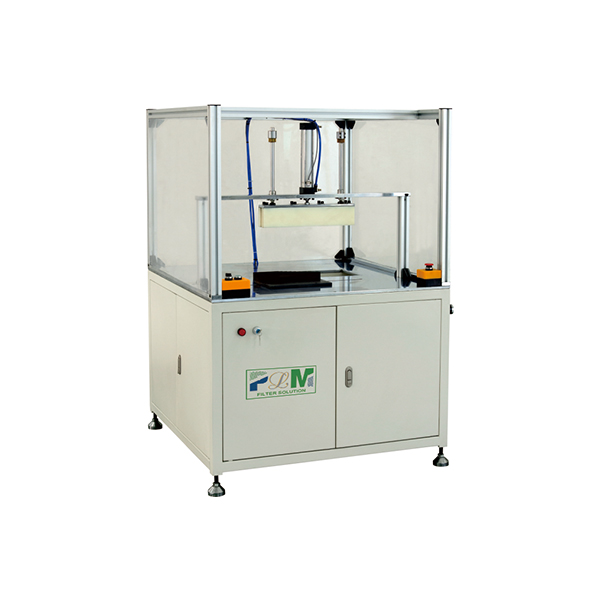nov . 18, 2024 15:14 Back to list
Exploring the Benefits and Applications of Pocket Filters in Various Industries
Understanding Pocket Filters A Brief Overview
Pocket filters are integral components used in various air filtration systems, primarily in commercial and industrial settings. These filters are designed to enhance air quality by trapping airborne particles, thereby protecting equipment and improving the overall environment within a facility. With increasing concerns over air pollution and health issues associated with poor air quality, pocket filters have gained significant attention for their efficiency and reliability.
What are Pocket Filters?
Pocket filters are characterized by their unique design, which consists of multiple pockets or pouches that contain filter media. This configuration increases the surface area available for filtration, allowing these filters to capture more particles compared to flat or panel filters. Typically made from synthetic materials, such as polyester or fiberglass, pocket filters can effectively trap dust, pollen, mold spores, and other airborne contaminants. Their design not only maximizes their filtration capabilities but also prolongs their lifespan, reducing the frequency of replacements.
Benefits of Pocket Filters
One of the main advantages of pocket filters is their enhanced filtration efficiency. These filters are available in various MERV (Minimum Efficiency Reporting Value) ratings, indicating their effectiveness in capturing specific particle sizes. Higher MERV ratings mean better filtration performance, which is crucial in environments where air quality is prioritized, such as hospitals, laboratories, and manufacturing facilities.
Another benefit is their ability to maintain lower resistance to airflow. As pocket filters can hold a significant amount of dust without a substantial drop in airflow, they contribute to energy savings. Systems running with pocket filters do not need to work as hard to push air through, leading to reduced energy consumption and lower operational costs.
pocket filter

Applications of Pocket Filters
Pocket filters are widely used in HVAC (Heating, Ventilation, and Air Conditioning) systems, air handling units, and cleanroom environments. In industrial settings, they are essential in processes requiring strict air quality control, such as pharmaceutical production and food processing. The versatility of pocket filters makes them suitable for a range of applications, from residential buildings to large-scale industrial facilities.
Maintenance and Replacement
To ensure optimal performance, it is crucial to regularly check and replace pocket filters as needed. The frequency of replacement depends on several factors, including the filter's environment, the level of air pollution, and the specific filter properties. Monitoring pressure drops across the filter can provide insight into when replacement is necessary, preventing system strain and maintaining air quality.
Conclusion
In conclusion, pocket filters play a vital role in maintaining clean air in various settings. Their efficient design, effective filtration capabilities, and energy-saving features make them a popular choice for many industries. As concerns over air quality continue to rise, the importance of reliable filtration systems, such as those utilizing pocket filters, will only increase. Investing in high-quality pocket filters not only improves air quality but also supports better health outcomes and operational efficiency.
-
High Strength Orange PU Glue for Versatile Bonding Solutions
NewsJul.26,2025
-
Active Carbon Air Filter for Air Purifier – Efficient Odor & Allergen Removal
NewsJul.25,2025
-
Active Carbon Air Filter for Air Purifier – Superior Odor & Allergen Removal
NewsJul.24,2025
-
High-Efficiency Active Carbon Air Filter for Air Purifier | Odor & Allergen Removal
NewsJul.23,2025
-
Active Carbon Air Filter for Air Purifier – High Efficiency Filtration Solution
NewsJul.22,2025
-
Durable Sintered Porous Metal Filter Tube Cup & Machines
NewsJul.22,2025
